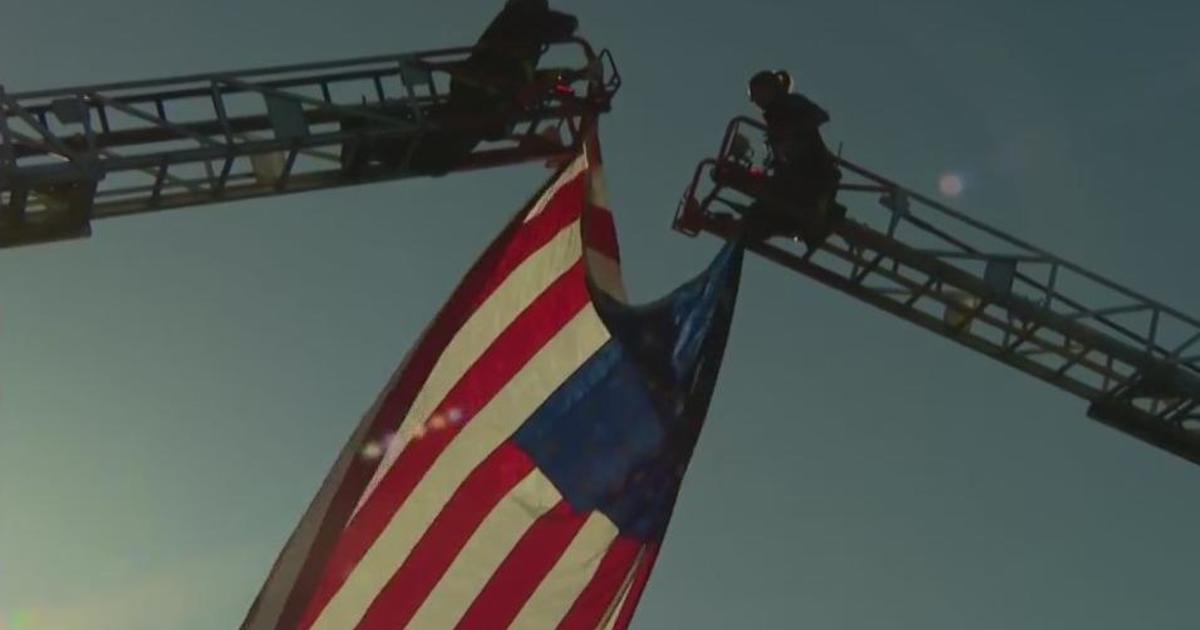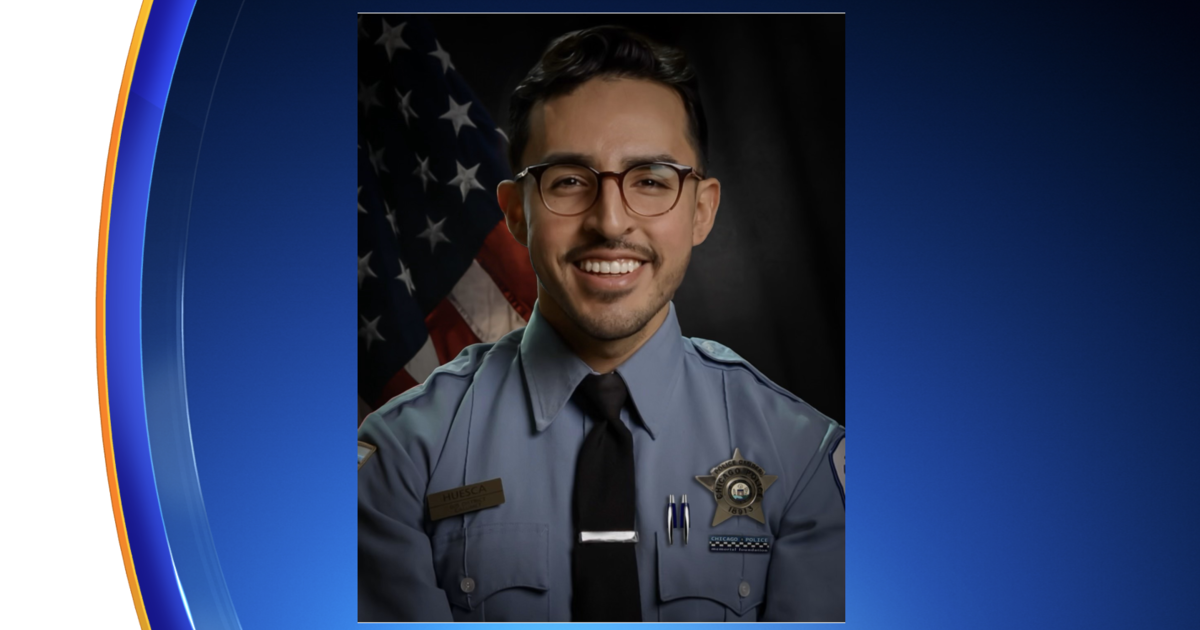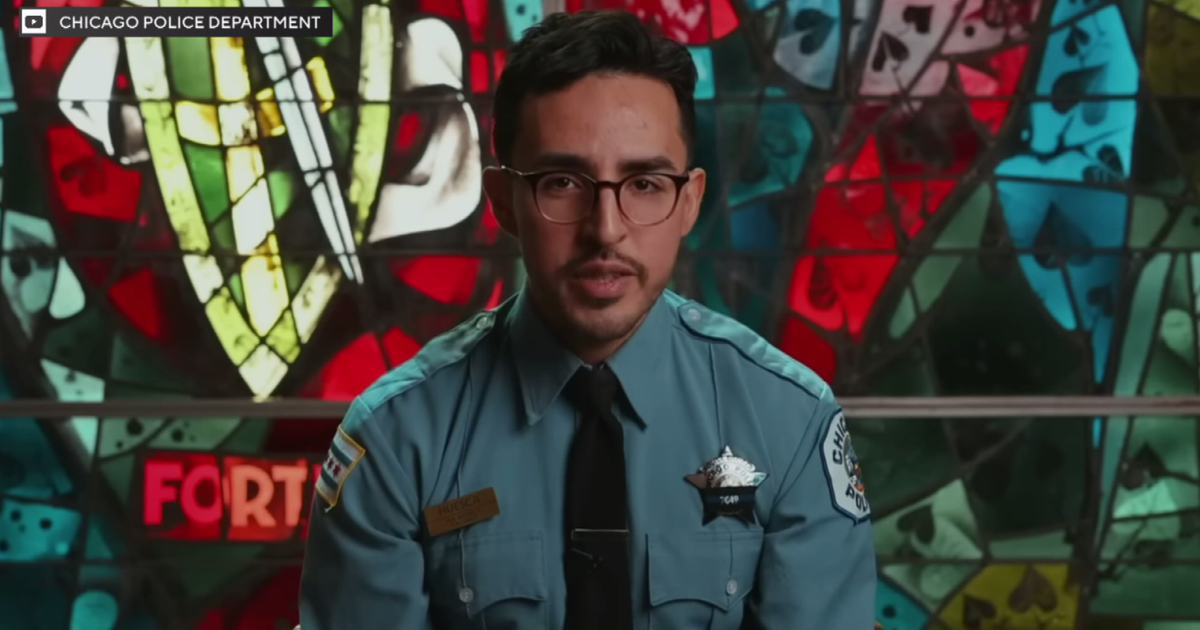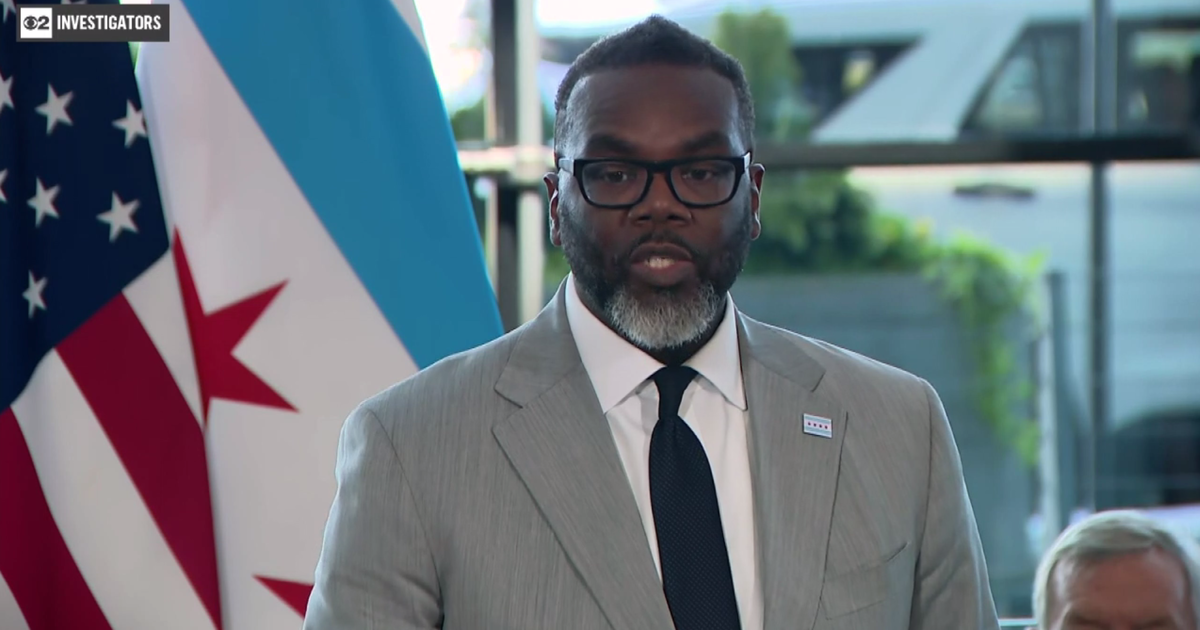DOJ Finds Systemic Abuses By CPD, Blames "Severely Deficient" Training
CHICAGO (CBS) -- A scathing report by the U.S. Justice Department report released on Friday took the Chicago Police Department to task for systemic violations of civil rights, finding officers regularly have used excessive force and discriminated against minorities.
The 161-page report blamed insufficient and outdated training, disciplinary, and supervision policies at the department. As many CPD critics have said for years, the Justice Department found the Chicago Police Department's use of force unfairly targeted African American and Hispanic communities.
"Restoring police-community trust will require remedies addressing both discriminatory conduct and the disproportionality of illegal and unconstitutional patterns of force on minority communities," the report stated.
RELATED: Read The Full Justice Department Report. | Justice Department Agreement With City | Investigation Fact Sheet
Attorney General Loretta Lynch said Friday the 13-month Justice Department investigation found the Chicago Police Department routinely used excessive force in violation of the U.S. Constitution. That systemic abuse was, in part, the result of "severely deficient training procedures and accountability systems," according to Lynch.
"CPD does not give its officers the training they need to do their jobs safely, effectively, and lawfully," Lynch said Friday morning in Chicago. "It fails to properly collect and analyze data, including data on misconduct complaints and training deficiencies, and it does not adequately review use of force incidents to determine whether force was appropriate or lawful, or whether the use of force could have been avoided altogether."
"All of these issues are compounded by poor supervision and oversight, leading to low officer morale and erosion in officer accountability," she added. "These are serious problems and they bear serious consequences."
As a result of the investigation, the Justice Department and the city have signed an agreement to negotiate a consent decree, to be filed in federal court, to address the problems found by the probe. The agreement also calls for an independent monitor to oversee any court-ordered reforms.
U.S. Attorney Zachary Fardon, who helped lead the investigation, said many of the problems at CPD date back years, if not decades.
"Year over year over year, these festering problems have impacted and even come to define CPD's culture. Chicago police officers need and deserve what the citizens of Chicago want and deserve; a culture of excellence, a culture of integrity, a culture of altruism, a culture of pride in public service," he said.
Deputy Assistant Attorney General Vanita Gupta said investigators found patterns of officers shooting at people who did not pose an immediate threat, and improperly tasing people for not following verbal commands.
"This conduct doesn't only harm residents, it endangers officers. It results in avoidable deaths, and injuries, and trauma; and it erodes police-community trust, trust that truly is the cornerstone of public safety," Gupta said.
According to the feds, Chicago police officers routinely fail to provide full reports on their use of force, and their supervisors routinely fail to appropriately review reports on the use of force.
Gupta noted that, during their investigation of CPD, the Justice Department noticed CPD training on deadly force relied on a training video that was made decades ago, and providing guidance that was inconsistent with current law and Chicago police policy.
As a result, the report noted that officers are woefully trained in the proper use of force.
"The impact of this poor training was apparent when we interviewed recruits who recently graduated from the Academy: only one in six recruits we spoke with came close to properly articulating the legal standard for use of force," the report states.
Gupta also said the Independent Police Review Authority has compounded the problem by conducting "glacially slow investigations" conducted by staff who are over-worked and under-trained.
The federal "pattern and practice investigation," which started on Dec. 7, 2015, sought to determine if CPD's policies and practices violate federal law or the U.S. Constitution; especially whether there are any racial disparities in its use of force.
The Justice Department investigation included interviews with the Emanuel administration and top brass at the Chicago Police Department. The feds also conducted an analysis of police records, police stops, searches, citations, and arrests.
The announcement of the Justice Department probe came two weeks after the city released police dashcam video showing a white police officer fatally shooting a black teenager in October 2014. The video showed Officer Jason Van Dyke shooting Laquan McDonald 16 times just seconds after exiting his police SUV, while McDonald was walking away from police, carrying a knife. The footage contradicted written reports filed by several officers at the scene, claiming McDonald had lunged at officers with the weapon.
Van Dyke was charged with murder the same day the video was released.
Two days after the Justice Department began its investigation of the Police Department, Mayor Rahm Emanuel publicly apologized for the McDonald shooting.
"I am the mayor. As I said the other day, I own it. I take responsibility for what happened, because it happened on my watch, and if we're going to fix it, I want you to understand it's my responsibility with you, but if we're also going to begin the healing process, the first step is my step, and I'm sorry," he said in a special address to the City Council.
The mayor said he has "reflected deeply" on McDonald's shooting, and he said although McDonald was armed with a knife and agitated, it was a "routine" situation police should have been able to contain without taking a life.
Emanuel called the resulting scandal "a defining moment on the issues of crime and policing."
"We can either be defined by what we have failed to do or what we choose to do," Emanuel said. "The problem is sometimes referred to as the thin blue line. The problem is other times referred to as the code of silence. It is this tendency to ignore. It is a tendency to deny. It is a tendency in some cases to cover up the bad actions of a colleague or colleagues. No officer should be allowed to behave as if they are above the law just because they are responsible for upholding the law. Permitting and protecting even the smallest acts of abuse by a tiny fraction of our officers leads to a culture where extreme acts of abuse are more likely, just like with what happened to Laquan McDonald."
The Police Department already has begun instituting a number of changes ahead of the Justice Department's report.
Emanuel and Police Supt. Eddie Johnson have announced plans to equip every patrol officer in every district with a body camera by the end of 2017.
The department also launched mandatory "De-escalation" training in September, in an effort to help officers defuse conflicts, including situations involving the use of force and mental health issues. The training program at the Chicago Police Academy was developed with a panel of national policing and mental health experts. It uses live scenarios and exercises to help officers better assess how to respond to complex and tense situations. Some of the tactics include using slower and calmer approaches when possible.
Meantime, last October, the department announced new limits on how and when officers can use force in the line of duty. The new policy emphasizes officers use a slower, more cautious approach when it comes to deadly force. Officers now will not only be trained and expected to report another officer who violates the use of force policy, but they will be expected to intervene.
The City Council also has approved plans for a new police oversight agency, the Civilian Office on Police Accountability. However, aldermen have yet to sign off on the creation of a citizen oversight board for the agency while the mayor and aldermen determine how much authority it will have over COPA, including the decision of a new chief for the agency.



